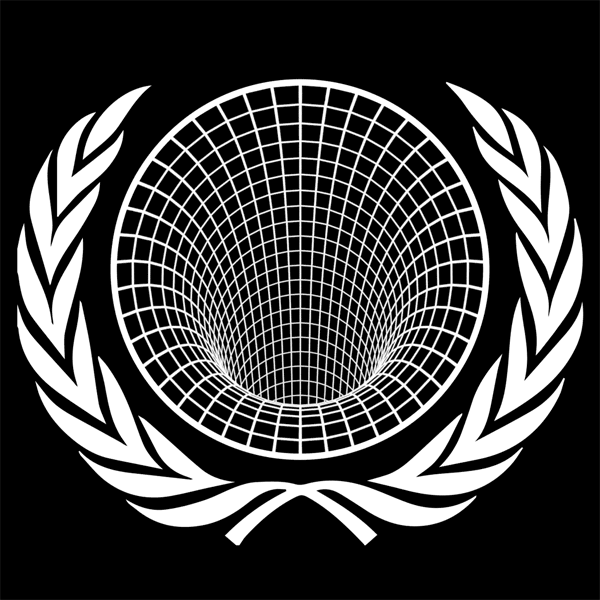At times it appears that United Nations analyses of local situations have become increasingly divorced from ground realities. This becomes apparent when one critically reads briefings to the Security Council, which often are closely reflected in subsequent Security Council resolutions.

In 2002, when I was political affairs officer for the UN mission in Afghanistan, I was charged with the compilation and writing of the weekly situation reports that were sent to the UN’s Department of Political Affairs, including the Secretary General’s office. Impressed with such a serious responsibility, I did my level best to collect information from reliable sources throughout Afghanistan, cross-check it, and then analyse what I had gathered in an objective manner. I forwarded them to the mission’s public information officer, a person with no prior experience in Afghanistan, who then edited the final version, sent by encrypted telex to New York.
As I was not important enough to receive such confidential reports, many months passed before I finally saw one of my edited reports. I was shocked to see that my analysis had been removed, as well as any information that might reflect negatively on the UN, the new Afghan government it supported or its international allies, including the US which was then creating havoc with an ill-guided ‘war on terror’. How, I wondered, could the directors of the UN take the right decisions if presented with such incomplete information, even from internal sources?
It was not always like this. Reviewing the reports about Somalia by the UN Secretary General to the Security Council in the 1990s, there often seems to be a genuine effort to correctly understand the local situation. Somali experts were listened to, and their advice incorporated into UN reports, even if subsequent courses of action, influenced by the great powers, acted contrary to the advice. The senior levels of the UN, at least, had access to information reflecting field realities.
The turning point was 9/11/2001. Shortly afterwards, the US initiated its war on terror in Somalia, with full UN backing. Somali experts all agreed that Al Qaeda had no presence in Somalia and had little chance of establishing one, but this was not what the US wanted to hear. Eventually these experts were no longer listened to, despite giving hearings to US congress and UN diplomats and publishing about their findings. Young counter-terrorist pundits from Washington-based think tanks capable of spinning a yarn about Al Qaeda presence in Somalia were taken more seriously.
Since then, the trend toward deliberate misinformation and scorning expert advice seems to have increased. And little by little, a serious radical Islamist movement (Al Shabaab being its most visible manifestation) has built up in Somalia, although it took many years: Al Shabaab only became strong in 2008-2009.
I cannot believe that this is part of a cynical effort to lead the world’s most powerful nations into a pointless and manifestly counterproductive War on Terror. I have been too close to decision-makers and policy-making processes to entertain such simplistic views. I believe a deeper, ideological structure is at work here.
In any case the Western – or hegemonic – view of the social, political and economic dynamics of countries like Somalia and Afghanistan is increasingly divorced from the realities experienced by the populations of those countries. This binary situation is not an innocent state of denial by well-intentioned Westerners, but results from an effort to impose norms of behaviour for local populations that have served the West well: the Rule of (Western) Law. How this plays out in Somalia is the subject of my PhD dissertation, which can be downloaded here.

Robert its happiness to visit your Website. Thanks your effort in somalia.